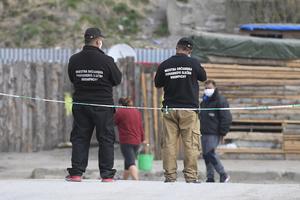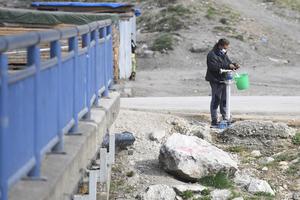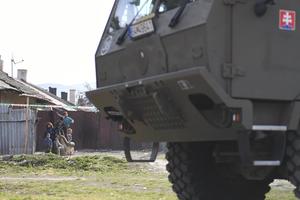Police tapes around the settlement, police and soldiers guarding them from the outside. Life in the five quarantined communities in three villages has looked like this since before Easter.
Municipal authorities are in charge of securing food and water supplies. People from the three communities in Krompachy, one settlement in Žehra and one settlement in Bystrany list what they need and the required goods are brought to them to the isolated area, where they pay as they receive them.
About 6,200 people are still quarantined in these marginalised communities. The Slovak armed forces launched the first civil-military operation called Umbrella 1, with the aim of ensuring civic life and security in closed Roma communities, while special teams of the armed forces continue in examining samples for COVID-19.
Several Roma organisations and non-governmental human rights watchdogs have criticised the steps the government took to prevent the coronavirus from spreading in marginalised communities. They worry the steps that have been taken might lead to a further stigmatisation of the already stigmatised Roma community. PM Igor Matovič was quick to respond to their criticism, when he wrote in a Facebook status that they are welcome to come and help directly in the settlements instead of criticising the measures from Bratislava.
Worries about negative stereotypes
Jana Kadlečíková, a sociologist of the Centre for the Research of Ethnicity and Culture (CVEK), opined that the government could have opted for a more sensitive solution in this environment.
Kadlečíková added that closing whole settlements was the easiest solution, but it punishes poor people for the conditions and situation in which they live.
She said that closing entire Roma communities is in accordance with unfriendly attitudes towards Roma.
“This measure is more likely to divide people than to make them feel like they are all on the same boat,” she told The Slovak Spectator. She is concerned that this may lead to a reinforcing of negative stereotypes, and pointing to and even punishing the perceived "culprits". “Citizens of Roma communities can easily become a target.”
She further added that the people who tested positive should have been taken out of their community and placed in quarantine outside of the Roma settlement.
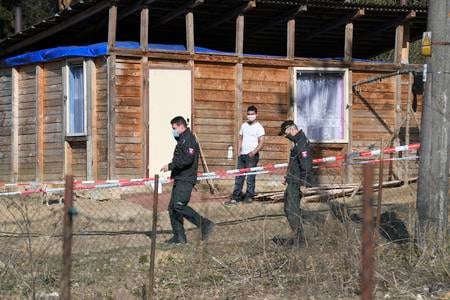
By closing settlements, the government put all the inhabitants of the communities in one group. Thus, Kadlečíková believes the state is failing to protect the inhabitants of these settlements who are not ill or who tested negative, she added.
A small number for vast quarantine
The Roma Union civic association stated that the measures are exaggerated and the situation in Roma settlements is not so critical.
“This governmental measure is hasty and exaggerated, given that testing in the given localities did not confirm PM Igor Matovič's statements about great infection in the settlements,” the union wrote in their statement.

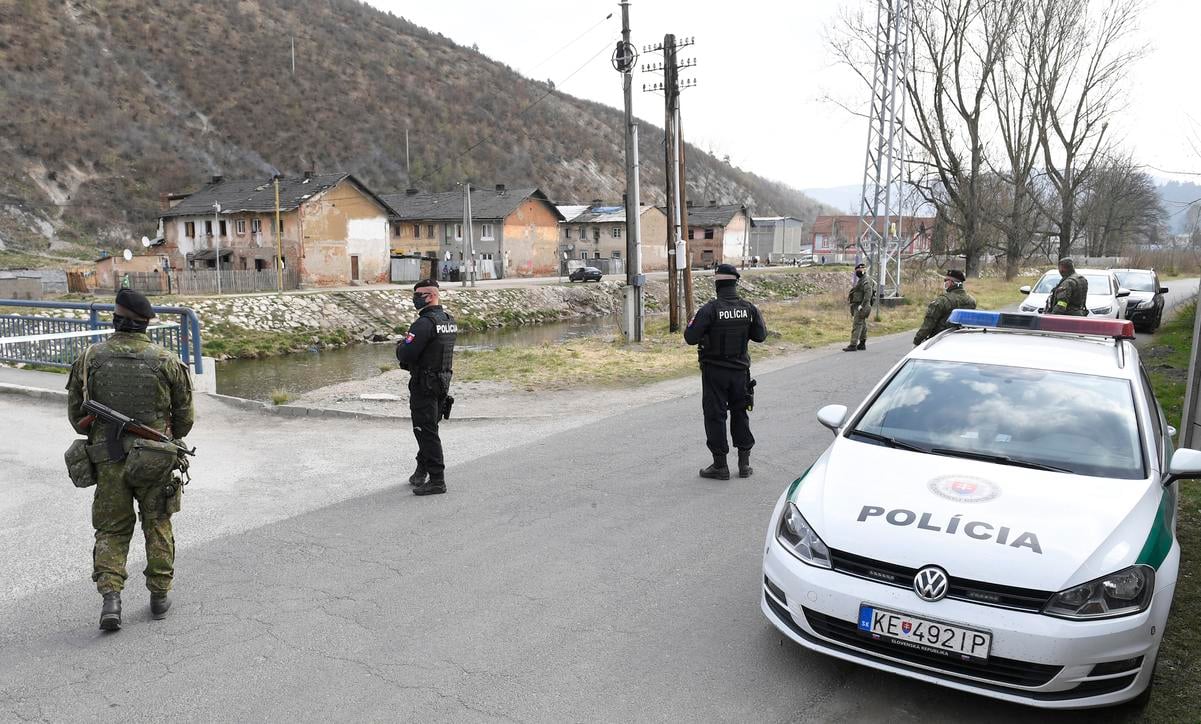

 (source: TASR)
(source: TASR)
